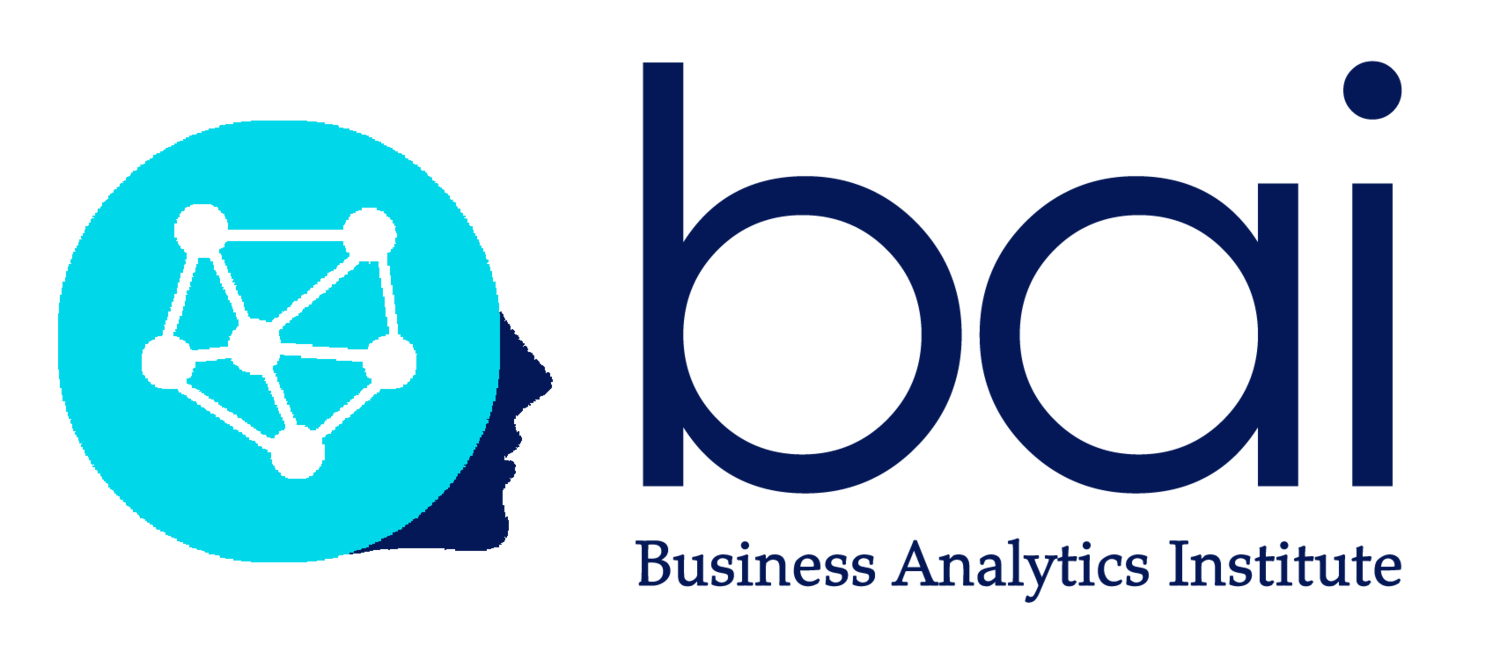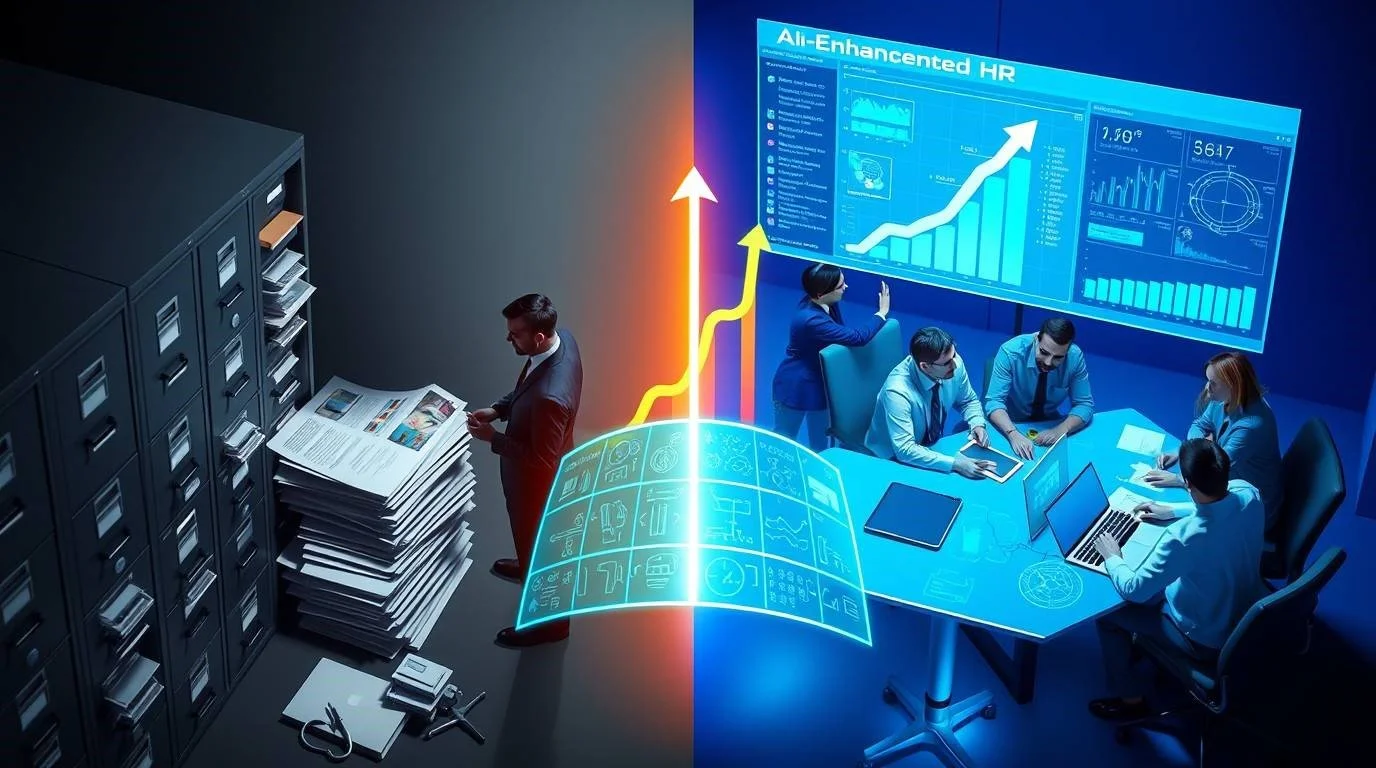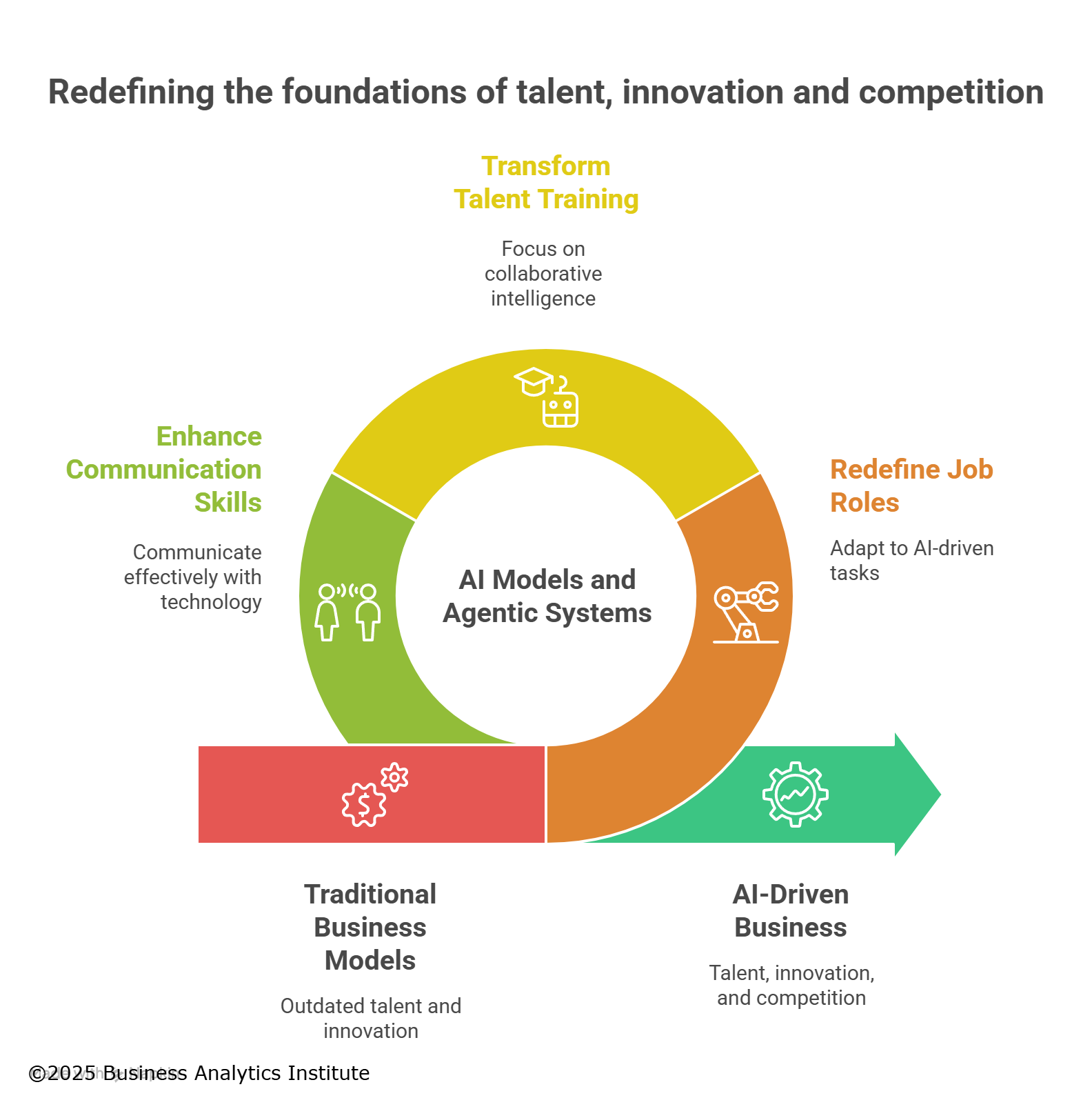Rewriting the Talent Management Playbook
The question for HR professionals isn’t "Should we adopt AI?" but "How quickly can we adapt our HR practices to stay competitive?
A deep dive into the latest research from BAI's comprehensive white paper "Beyond AI: A Guide to Upskilling Human and Machine Intelligence" sheds light on the nature of the most significant transformation of talent management since the introduction of the principles of scientific management…
In this Case the Numbers Don't Lie
The statistics are staggering: 78% of organizations now use AI in at least one backend function (up from 55% just two years ago), and companies are reporting substantial returns on their AI investments. But the real value isn't coming from replacing human decision-makers. It's coming from augmenting human capabilities.
Four Game-Changing Insights for HR Leaders
- Skills-First Recruitment is Becoming the New Normal
Traditional degree-based hiring is giving way to competency-focused selection. 47% of organizations now evaluate candidate skills directly, compared to 45% that still prioritize university degrees. AI is enabling us to identify unconventional talent pools and discover candidates we might have previously overlooked.
- The Definition of Talent is Evolving
Today's most valuable talent isn't necessarily the most technically skilled—it's the most adaptable. The ability to collaborate effectively with AI systems, interpret AI-generated insights, and apply them creatively is becoming a core competency across all industries.
- Training is Becoming Hyper-Personalized
Companies like Airbus have seen a 237% return on investment from AI-driven training programs. Siemens reduced onboarding time by 20% through AI-powered skill mapping. The future of corporate learning is moving from one-size-fits-all to individually tailored development paths.
- Employee Experience is Getting a Major Upgrade
Organizations using AI-driven analytics for employee experience report a 66% increase in retention rates and 25% rise in overall satisfaction. AI isn't replacing the human touch in HR—it's making our human interactions more meaningful and targeted.
The Real Source of Competitive Advantage
Here's the paradigm shift: AI won't replace HR professionals, but HR professionals using AI will replace those who don't. The companies thriving in this new landscape aren't just implementing AI tools—they're fundamentally rethinking how they identify, develop, and retain talent.
The most successful organizations are treating AI as a collaborative partner that enhances human decision-making rather than replacing it. They're investing in comprehensive training programs that empower employees to leverage AI effectively while maintaining their autonomy and judgment. What This Means for Your Organization If your day job is hiring and retaining talent, ask yourself: • Are we still hiring based on traditional criteria, or are we embracing skills-first approaches? • How are we preparing our workforce for AI collaboration? • Are our training programs personalized and adaptive? • Do we have the right metrics to measure AI's impact on employee experience?
The Path Forward
The organizations that will thrive are those that maintain a balanced perspective—embracing AI's transformative potential while continuing to invest in developing distinctly human capabilities like empathy, creativity, and complex problem-solving. The future belongs to those who deploy AI “innovation” to develop Collaborative Intelligence.
What's your experience with AI in HR? Are you seeing similar transformations in your organization? I'd love to hear your insights in the comments. Ready to dive deeper? The complete research and strategic framework can be found in The Business Analytics Institute's white paper "Beyond AI: A Guide to Upskilling Human and Machine Intelligence" - a comprehensive resource for HR leaders navigating this transformation.
For more insights on AI's impact on business strategy and human capital development, follow The Business Analytics Institute and join the conversation at their upcoming Corporate Retreat on Upscaling Human Intelligence in Biarritz, January 2026.






